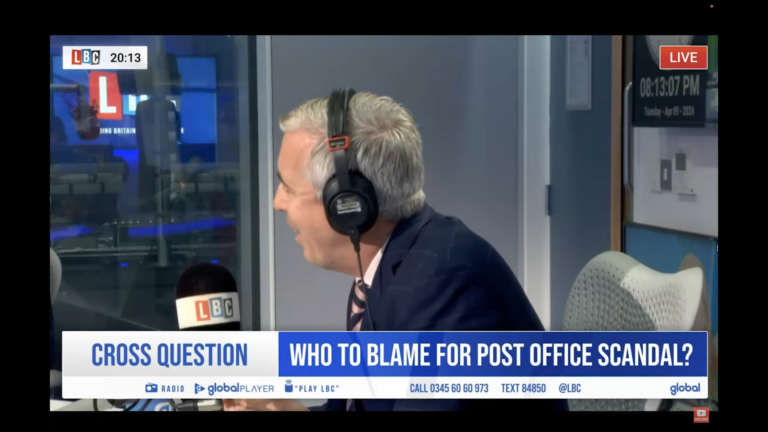Scotland’s reputation as a world-leading seat of higher education was reinforced by the Duke of Cambridge this week as he praised St Andrews University as a ‘blend of academic excellence, mixed with a liberal approach to critical thought and creative reasoning’.
For a small country it is fair to say that Scotland punches above its weight in terms of its international ranking and reputation for universities.
Four out of the 19 higher education institutions based in Scotland are ranked in the top 200 Times Higher Education list with Edinburgh and Glasgow universities within the top 100 and Aberdeen and St Andrews just outside.
Higher education is big business in Scotland with 38,450 people directly employed and an additional 142,000 associated jobs. Umbrella organisation, Universities Scotland, says that the annual economic impact of the sector equates to £6.7 billion GVA. This means that for every £1 of public spend there is a resultant £6 of economic impact.
Scotland’s reputation as a research and development hub further stimulates the economy with 15 per cent of total UK Research Council investment coming to Scotland which equates to over £200 million into Scotland annually.
The Scottish education system in its entirety has been devolved since long before the creation of the Scottish Parliament. The current SNP Scottish Government are committed wholly to maintaining free university education for Scots. Former First Minister, Alex Salmond, was famously quoted as saying ‘rocks would melt in the sun’ before the SNP would introduce fees north of the border.
EU rules mean that the Scottish Government is obliged to extend free university education to students from within Europe. However an anomaly means that fees can be applied to those from within other parts of a nation that do charge which means students from England, Wales and Northern Ireland do have to pay. The fees charged are broadly in line with those charged at institutions in the rest of the UK.
The flagship policy is not without its critics of course. Opposition parties says the impact on the rest of the UK causes inequality, however universities are reliant on these fees for income generation. It’s also meant that they have to look at other sources of income to generate revenue and often look to areas such as the USA and Asia to attract fee-paying students.
The difficulty with this in recent years has been the removal, by UK government, of a relaxation of immigration policy for overseas students. Implemented under former First Minister, Jack McConnell, the Fresh Talent initiative allowed foreign students to remain in Scotland for two years after graduating. The plan was to retain talent and also help address Scotland’s population problems which saw an ageing demographic and a gap in the skilled workforce.
Universities and business organisations including the Scottish Council for Development and Industry and the Chambers of Commerce have called for the partial devolution of immigration policy to allow this policy to be re-started. A joint submission to the Smith Commission was made but to date it looks likely that this will remain a UK issue which means that universities in the rest of the UK would be unlikely to readily agree to a Scottish specific policy being implemented.
Another criticism, one which the Scottish Labour party in particular have seized upon, is the focus on universities at the apparent expense of the college sector. Certainly colleges have been the subject to swingeing cuts in recent years with institutional mergers, a drop in the number of courses available and less teaching staff. However it’s not a straightforward comparison.
Part of the rationale behind free university places is improving access and opportunities for those from poorer areas of Scotland. While on the face of it free places means those from more deprived areas can access higher education the reality is that the cost of living required to move away from home is often prohibitive. Last year, Scottish Government spending on bursaries and grants dropped by £35million which means more students are accessing the loans system. This leaves universities struggling to attract poorer students who rely on government support.
Looking forward, there are obvious challenges ahead for Scottish universities as they continue to compete against the best across the UK and indeed the world. Funding will continue to be an issue as the Scottish Government looks towards it’s final year of the current term and competing political challenges. Governance of higher education establishments is on the legislative programme for next year with a particular focus on meeting targets for widening access to areas of depravation. For universities to successfully achieve these targets though they will need the support of the Scottish Government.
Lynn McMath heads the PLMR Scotland office in Edinburgh. She was a former press advisor to the Scottish Shadow Cabinet, working closely with them on the Better Together campaign.




